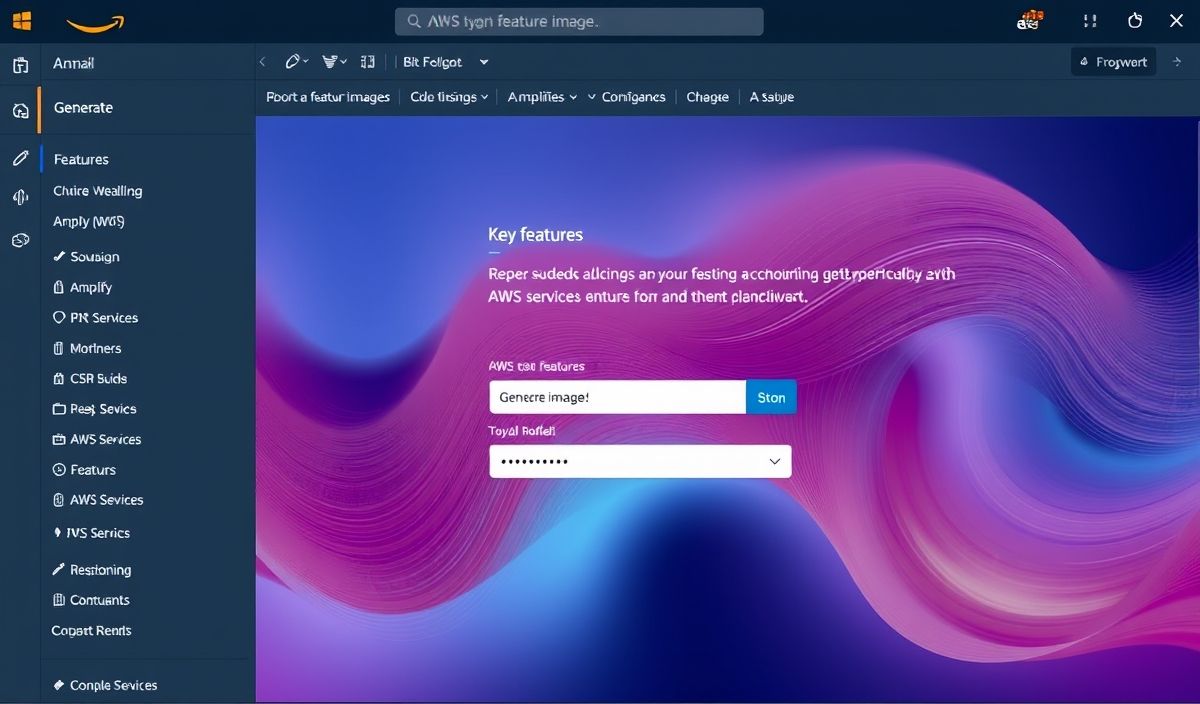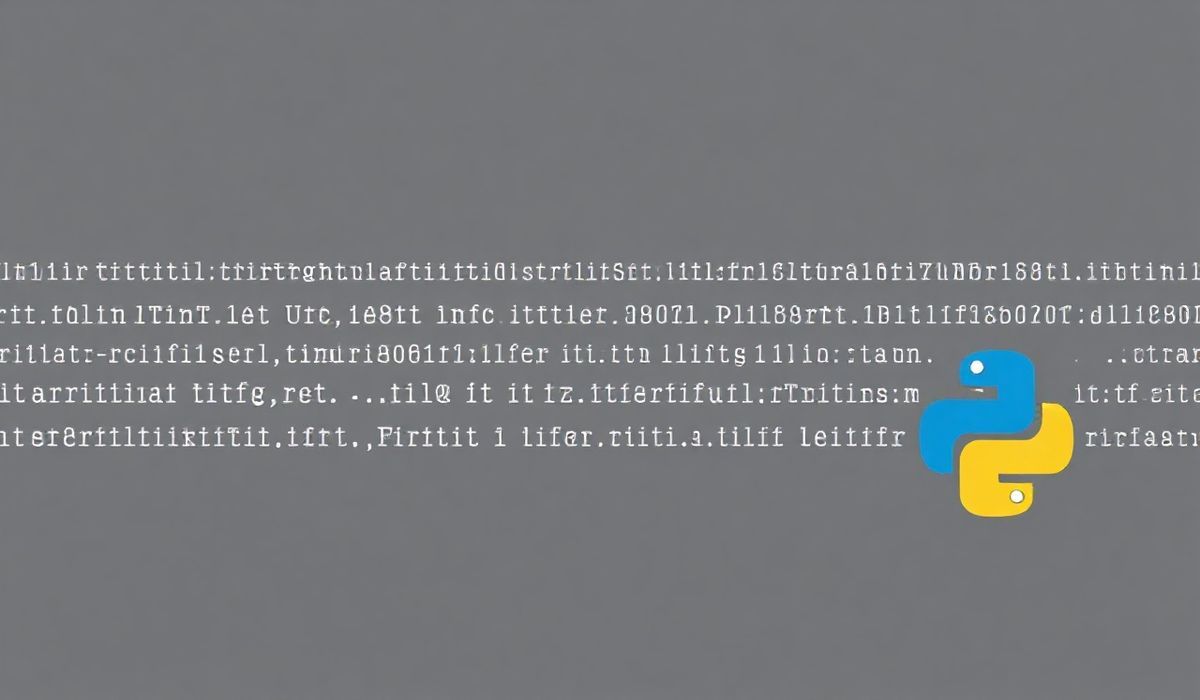Introduction to AWS Amplify
AWS Amplify is a powerful toolset from Amazon Web Services (AWS) that helps developers build scalable and secure cloud applications. Designed with both frontend and backend functionalities in mind, Amplify integrates seamlessly with various AWS services. In this article, we will explore key APIs AWS Amplify offers, with code snippets and a comprehensive app example to illustrate their usage.
Setting Up AWS Amplify
// Install Amplify CLI
npm install -g @aws-amplify/cli
// Configure Amplify
amplify configure
Amplify Auth API
The Amplify Auth API is used to authenticate and manage users. Below, we demonstrate how to configure and use this API.
import Amplify, { Auth } from 'aws-amplify';
import awsconfig from './aws-exports';
Amplify.configure(awsconfig);
// Sign Up a User
async function signUp(username, password, email) {
try {
await Auth.signUp({
username,
password,
attributes: {
email,
},
});
console.log('User signed up successfully');
} catch (error) {
console.error('Error signing up: ', error);
}
}
// Sign In a User
async function signIn(username, password) {
try {
const user = await Auth.signIn(username, password);
console.log('User signed in: ', user);
} catch (error) {
console.error('Error signing in: ', error);
}
}
Amplify Storage API
The Amplify Storage API enables file uploading, downloading, and interaction with Amazon S3. Here’s a simple example:
import { Storage } from 'aws-amplify';
// Upload a File
async function uploadFile(file) {
try {
await Storage.put('example.txt', file, {
contentType: 'text/plain',
});
console.log('File uploaded successfully');
} catch (error) {
console.error('Error uploading file: ', error);
}
}
// Download a File
async function downloadFile() {
try {
const file = await Storage.get('example.txt', { download: true });
console.log('File downloaded successfully');
} catch (error) {
console.error('Error downloading file: ', error);
}
}
Amplify API (GraphQL)
Amplify API allows you to interact with AWS AppSync using GraphQL. Below are the steps to configure and query:
import { API, graphqlOperation } from 'aws-amplify';
import { createTodo, listTodos } from './graphql/mutations';
// Create a new Todo
async function createNewTodo() {
const todo = { name: "New Task", description: "This is a new task" };
try {
await API.graphql(graphqlOperation(createTodo, { input: todo }));
console.log('Todo created successfully');
} catch (error) {
console.error('Error creating todo: ', error);
}
}
// Fetch Todos
async function fetchTodos() {
try {
const todos = await API.graphql(graphqlOperation(listTodos));
console.log('Todos retrieved successfully: ', todos);
} catch (error) {
console.error('Error fetching todos: ', error);
}
}
Comprehensive App Example
Let’s create a simple React app that uses Amplify Auth, Storage, and API services.
import React, { useState, useEffect } from 'react';
import Amplify, { Auth, Storage, API, graphqlOperation } from 'aws-amplify';
import awsconfig from './aws-exports';
import { withAuthenticator } from 'aws-amplify-react';
import { createTodo, listTodos } from './graphql/mutations';
Amplify.configure(awsconfig);
function App() {
const [todos, setTodos] = useState([]);
const [file, setFile] = useState(null);
useEffect(() => {
fetchTodos();
}, []);
async function fetchTodos() {
try {
const todoData = await API.graphql(graphqlOperation(listTodos));
setTodos(todoData.data.listTodos.items);
} catch (error) {
console.error('Error fetching todos: ', error);
}
}
async function handleFileUpload(event) {
const file = event.target.files[0];
try {
await Storage.put('example.txt', file, {
contentType: 'text/plain',
});
console.log('File uploaded successfully');
} catch (error) {
console.error('Error uploading file: ', error);
}
}
return (
Amplify React App
Todos
{todos.map((todo) => (
- {todo.name} - {todo.description}
))}
);
}
export default withAuthenticator(App, { includeGreetings: true });
With the provided examples and code snippets, you can now create robust applications using AWS Amplify. It provides a powerful suite of tools suited for integrating with various AWS services, making your development process smoother and more efficient.
Hash: 8972751364e3ebbda3b0e17b0c292485fcf2da2d2fe185e8ffe4205128f9285f




